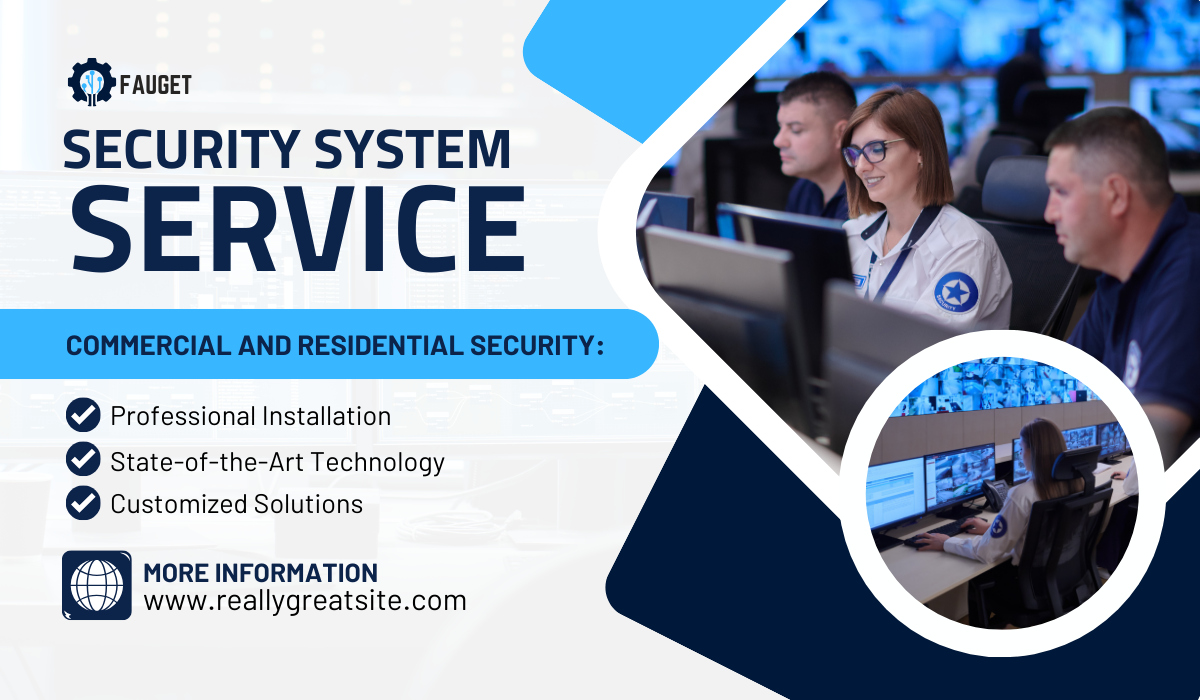In today’s fast-paced digital environment, it is very important to stay abreast of the latest technological advances. Whether you’re a recent graduate looking to jump-start your career, a professional looking to switch fields, or someone looking to upgrade your skills, enrolling in the right computer course can greatly improve your chances. This article will guide you through the best computer courses in 2024 tailored to different interests and career opportunities..
Why Computer Courses Are Essential
The demand for computer skills is everywhere in different industries. From IT and finance to healthcare and education, knowledge of computer applications and programming languages is a valuable asset. That’s why investing in computer courses makes sense:.
- Career: Special skills can lead to promotions and higher salaries.
- Job security: As automation increases, technical skills can provide job stability.
- Versatility: Computer skills are transferable across multiple fields.
- Innovation: Understanding technology can encourage creativity and innovation..
Top Computer Courses to Consider in 2024
1. Data Science and Analytics
Overview
Information science is currently one of the most in-demand fields. It uses scientific methods, processes, algorithms and systems to extract knowledge and insights from structured and unstructured data..
Key Components
- Data Mining: Extracting useful information from large data sets.
- Machine Learning: Creating algorithms that can learn from data and make predictions based on it.
- Statistical Analysis: applying statistical methods to interpret data..
Recommended Courses
- Coursera Data Science Major, Johns Hopkins University
- Data Science MicroMasters, edX
- Udacity Data Scientist Nanodegree.
Career Opportunities
- Data Scientist
- Data Analyst
- Machine Learning Engineer
2. Cybersecurity
Overview
With the rise of cyber threats, cyber security has become a critical area of focus for organizations. Cyber security professionals protect systems, networks and data from digital attacks..
Key Components
- Network Security: Securing the network infrastructure.
- Ethical Hacking: Identifying Security Vulnerabilities by Simulating an Attack.
- Data security: Protecting data from unauthorized access..
Recommended Courses
- Certified Information Systems Security Professional (CISSP)
- Certified Ethical Hacker (CEH)
- CompTIA Security+
Career Opportunities
- Cybersecurity Analyst
- Ethical Hacker
- Information Security Manager
3. Artificial Intelligence and Machine Learning
Overview
Artificial intelligence (AI) and machine learning (ML) are disrupting industries by enabling machines to perform tasks that normally require human intelligence..
Key Components
- Neural networks: algorithms modeled after the human brain.
- Natural Language Processing (NLP): Enables machines to understand human language.
- Computer vision: teaching machines to interpret and understand visual information..
Recommended Courses
- Stanford University’s Machine Learning on Coursera
- Andrew Ng’s Deep Learning Specialization on Coursera
- Udacity AI for Business Leaders.
Career Opportunities
- AI Research Scientist
- Machine Learning Engineer
- NLP Specialist
4. Web Development
Overview
Web development is the basic skill of creating and maintaining websites. This field offers a blend of creativity and technical expertise..
Key Components
- Front-end Development: Designing the visual aspects of a website.
- Backend development: management of server-side and database operations.
- Full-stack development: combines both front-end and back-end capabilities..
Recommended Courses
- The Complete Web Developer Bootcamp by Udemy
- Front-End Web Developer Professional Certificate by edX
- Full-Stack Web Development with React Specialization by Coursera
Career Opportunities
- Front-End Developer
- Back-End Developer
- Full-Stack Developer
5. Cloud Computing
Overview
Cloud computing is essential for businesses of all sizes to store, manage and process data on remote servers. This area contains information about different cloud service models and platforms..
Key Components
- Infrastructure as a Service (IaaS): Provision of virtualized computing resources over the Internet.
- Platform as a Service (PaaS): Provides hardware and software over the Internet.
- Software as a Service (SaaS): The delivery of software over the Internet..
Recommended Courses
- AWS Certified Solutions Architect by Amazon
- Google Cloud Professional Cloud Architect
- Microsoft Certified: Azure Fundamentals
Career Opportunities
- Cloud Solutions Architect
- Cloud Engineer
- DevOps Engineer
6. Blockchain Technology
Overview
Blockchain is the technology behind cryptocurrencies like Bitcoin. It is a distributed ledger for all transactions on the network, ensuring security and transparency..
Key Components
- Cryptography: Securing transactions on the blockchain.
- Smart Contracts: Self-executing contracts with terms written directly into code.
- Distributed Applications (DApps): Applications that run on a blockchain network..
Recommended Courses
- Blockchain Specialization by Coursera
- Certified Blockchain Developer by Blockchain Council
- IBM Blockchain Foundation for Developers
Career Opportunities
- Blockchain Developer
- Cryptocurrency Analyst
- Smart Contract Developer
7. Software Development
Overview
Software development is the process of planning, defining, designing, programming and testing applications. This ability is crucial in creating software solutions that meet the needs of the user..
Key Components
- Programming Languages: Proficiency in languages such as Python, Java and C++.
- Software testing: Ensuring functionality and security of software.
- Agile methodology: A practice that encourages continuous iteration of development and testing..
Recommended Courses
- Harvard CS50: Introduction to Computing at edX
- Full-Stack Mobile Application Development and Cross-Platform Web Specialization at Coursera
- Udacity Software Process.
Career Opportunities
- Software Developer
- Application Developer
- Software Engineer
How to Choose the Right Course
Identify Your Goals
Decide what you want to achieve. Are you looking to start a new career, change industries or get a promotion? Your goals help narrow down your options..
Consider Prerequisites
Some courses require prior knowledge or experience. Make sure you meet these requirements before registering..
Evaluate Course Content
Check the curriculum to see if it covers the skills you want to learn. See practical projects and real applications..
Read Reviews and Testimonials
Feedback from previous students can provide insight into the quality and effectiveness of the course..
Check for Certification
Certification can add significant value to your resume. Make sure the course has a recognized certificate upon completion..
